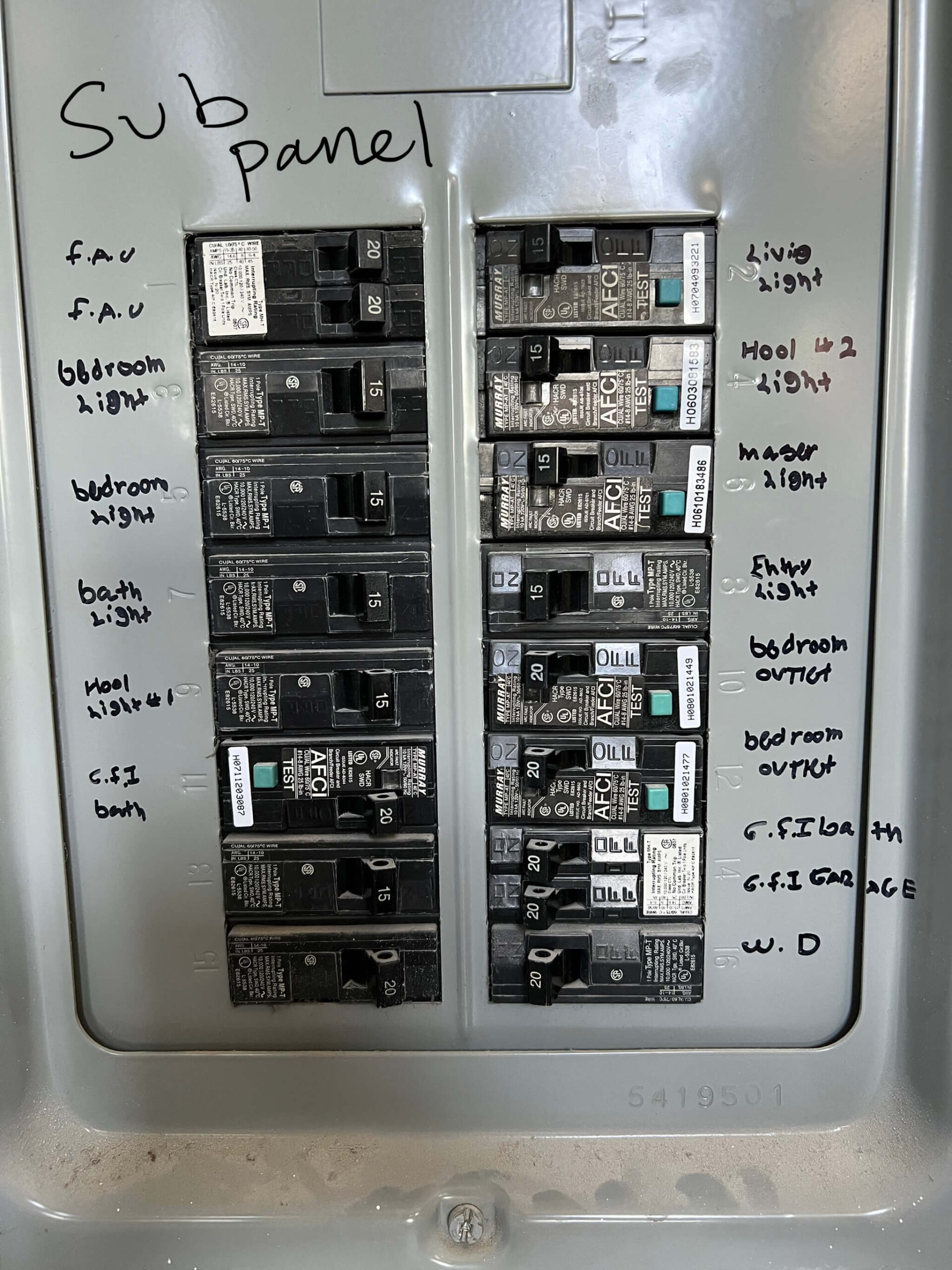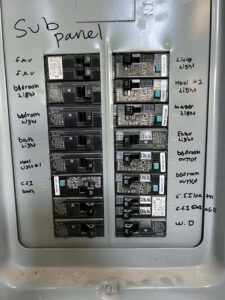

However, the dilemma begins when you struggle to decide between both. Are they the same thing? Is one better than the other?
In this article, we’ll help you answer this question. CLD Electric is passionate about ensuring individuals make the right choice.
What’s a Fuse?
A fuse is an electrical device placed in the middle of two supplying power terminals, its job is to prevent an electrical overload.
The fuse has a thin wire enclosed in a metal, glass, or ceramic casing, and then placed in housing known as a fuse box.
The wire melts immediately to disconnect the power being supplied to the device when something goes wrong, like a power surge. It does this to protect the device.
So, the fuse has power considerations specific to the device, whether it’s 3A or 13 A.
You can use one central fuse to protect your entire home. It stays in a fuse box (central), from which all house wiring emanates.
A central fuse can be used to protect the entire home. In that case, it is put in a central fuse box where all house electric wiring emanates to supply the house with power.
Once the fuse blows from the melted wire, you will need to replace it
What’s a Circuit Breaker?
A circuit breaker, on the other hand, is an electrical switch, that handles electrical overloads by short-circuiting.
It is usually installed for a room, or to handle the lighting in a given room. One circuit breaker can handle multiple devices at the same time, and simply trips once the current surpasses the device needs or short-circuiting has occurred in a device.
It trips by switching its position such that it goes off, disconnecting itself from the power supply.
There are ratings for circuit breakers, lower-rated ones, and higher-rated ones. The former can only protect individual devices. The latter can protect the entire household.
What’s the Difference?
- A circuit breaker can double as an on/off switch, the same does not go for the fuse.
- The fuse employs thermal conduction. The circuit breaker employs switching and electromagnetism.
- The fuse has a lower breaking capacity.
- The fuse, unlike the circuit breaker, can’t be reused once it blows.
- A circuit breaker is dependent on ambient temperature, a fuse isn’t.
- Auxiliary contact is necessary for the circuit breaker, unlike the fuse.
- Circuit Breakers are much more expensive.
- As aging occurs, the circuit breaker’s curve doesn’t shift. The Fuse’s curve shifts, leading to tripping sometimes.
- A fuse does not protect devices against short-circuiting. It only works for power overloads. A circuit breaker protects devices from both.
- A circuit breaker can work both manually and automatically. A fuse cannot be operated manually, it can only work automatically.
- The fuse has an operating time of about 0.002 seconds, while a circuit breaker’s operating time is at 0.03
Need a circuit breaker or fuse installed? Schedule a call with CLD Electric today.
